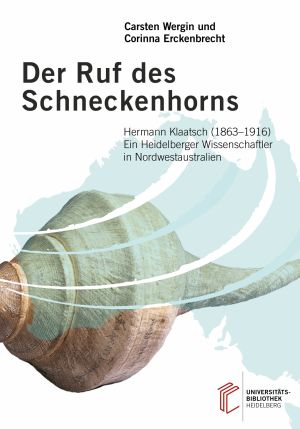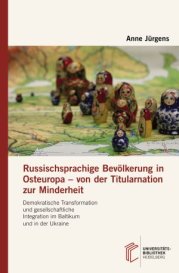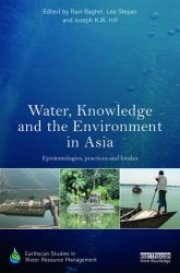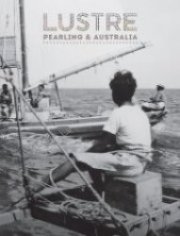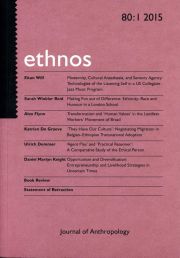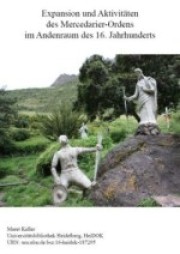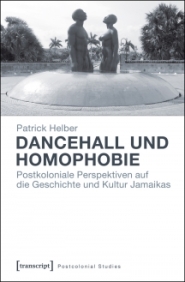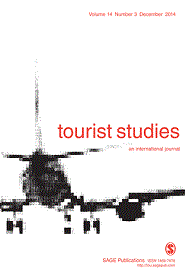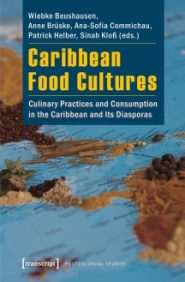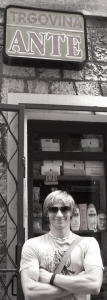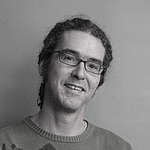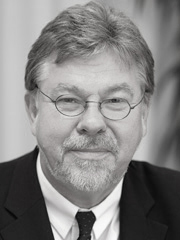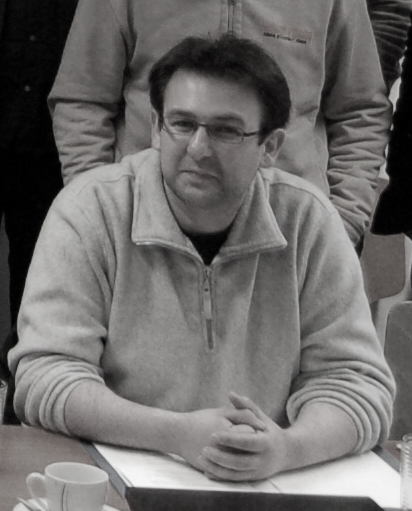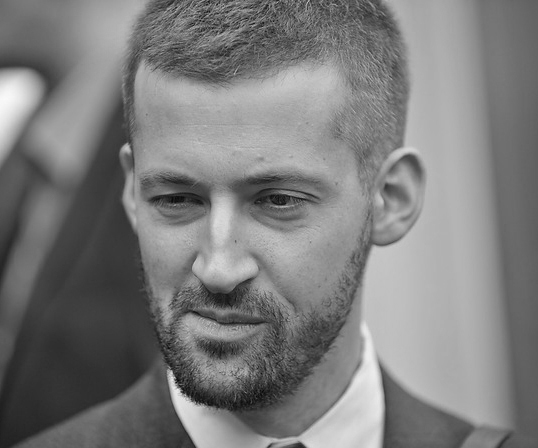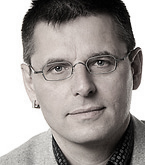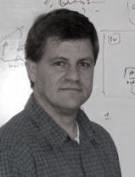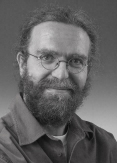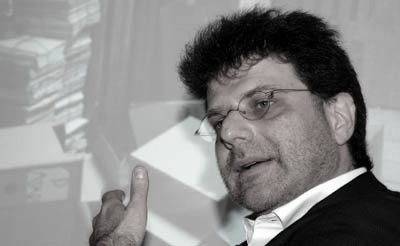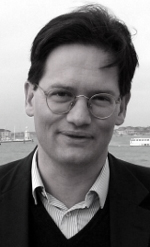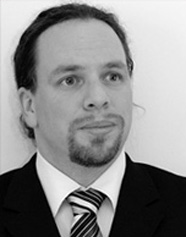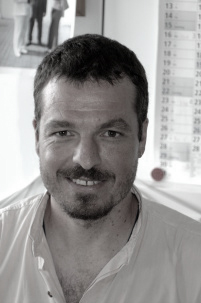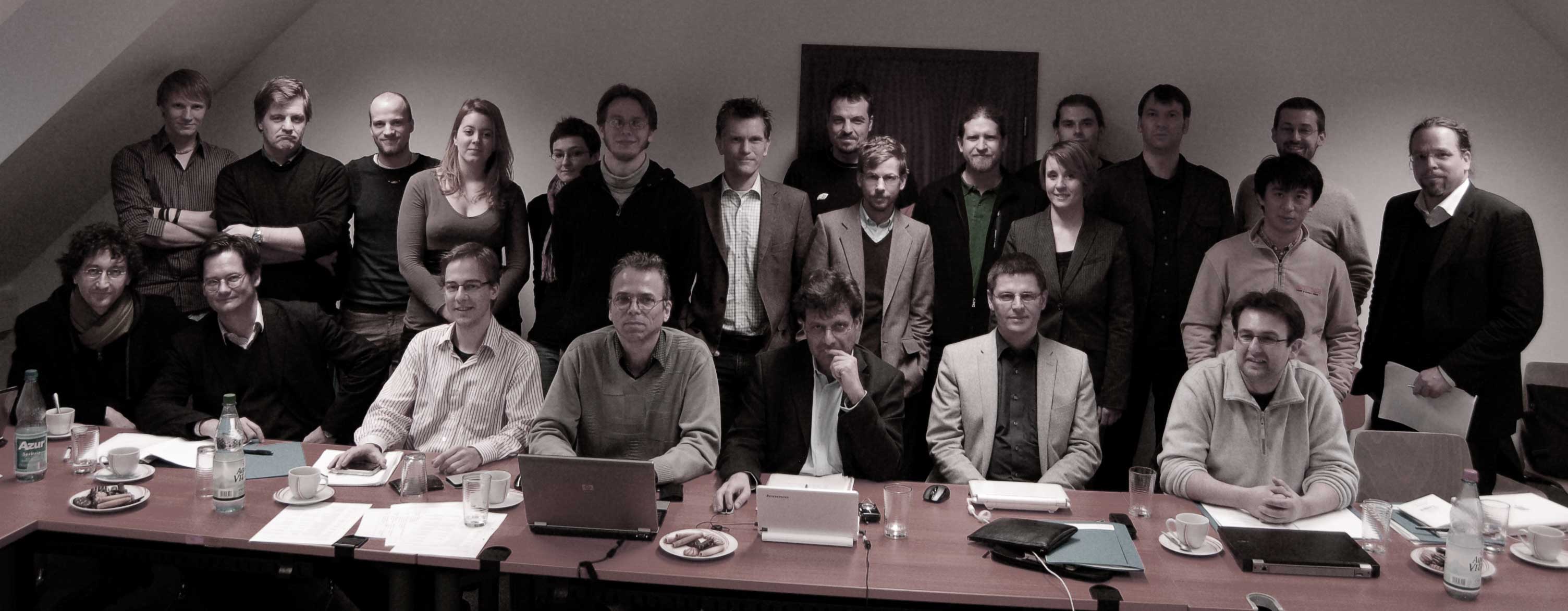Manifesto
Introduction
Manifesto: Redundancy and Longevity
Practical conclusions schedule for further development
For a collaborative database-system/work environment for a research group in the humanities
or:
Very brief proceedings of the international colloquium “Litlink: A Cue Card System in a Research Environment of Collaborative Work, Online Publishing and GIS, Heidelberg 25/26 February 2010”
A. Introduction
The group “Linking of Knowledge in the Humanities” (LoKiH) and the Research Group “Trading Diasporas in the Eastern Mediterranean (1350-1450)” of Transcultural Studies Programme (TS), University of Heidelberg, hosted an international colloquium “Litlink: A Cue Card System in a Research Environment of Collaborative Work, Online Publishing and GIS” in Heidelberg on 25-26 February 2010.
On the first day, the participants discussed the Filemaker-based cue card system and bibliographical tool Litlink (LL), the software used for the “Medieval Mediterranean Diaspora Database” (MMDD) and perspectives for its further development. They also discussed complementary models of knowledge management, namely the “Heidelberg Research Architecture” (HRA). On the second day, they discussed solutions for collaborative work, online publishing, and GIS in the humanities.
It became clear that redundancy and connectivity were the key concepts all participants aim at by striving for the development of simple and pragmatic tools in fulfilment of the requirement formulated in the title: a collaborative database-system/work environment for a research group in the humanities.
B. Manifesto: Redundancy and Longevity
The Manifesto reflects aims of the above-mentioned junior research group for the development of MMDD only and does not imply any obligation on the side of other institutions mentioned below.
- Redundancy and longevity has to be kept in mind as the key requirement for all knowledge management systems. This has several implications:
- Spatial redundancy: data should be kept at least in two storage places (two servers etc.) located afar from each other, possibly in different countries
- Organisational redundancy: if one system is not working (say the core MMDD database powered by Litlink 4.0 web), other services (say GIS tools, Wikis etc., scans) should still be useable
- Images/Scans should henceforth be stored on HeidDICON (University Library of Heidelberg
- References in addition to LL on RefBase (HRA)
- Litlink 4.0 web should possibly base on three fully redundant servers in Zurich, Heidelberg and, possibly, Toronto
- Transfer and synchronisation of databases should be based on dedicated web-services
- Interaction with middle layer: web-services would also allow for the processing of data by tools developed by computer linguists (quotationfinder, time trails, hyper-evaluation, etc.) or GIS specialists (geotwain).
- Longevity: Long-term planning is essential; routines are needed to archive databases in different (redundant) forms: e.g. XML(cf. TEI)[1], PDF, Paper (cue/index cards). Therefore, necessary cooperation with third parties should be planed (again: for the long run), for instance with university libraries.
- Man & Machine: We should never bypass the brain and ensure that as much of the essential data as possible must be “processed” as well in the mind of the user, because no knowledge management system, how sophisticated it might be, can replicate or replace the human brain’s synapses.
- A database should strive for clarity: the group using it needs a common language, ontology (or at least: a map of the different ontologies of collaborators), and this must be reflected in the database. Individual tags are not replacing carefully defined (and interrelated) concepts structuring the masses of gathered material.
- Online collaboration and publication: No new system needed, collaboration and publication within the knowledge community could be organized via e.g. E - porte Mediterranean (University of Toronto, group of Natalie Rothman), HeiDok of the University Library Heidelberg and HRA
C. Report (Download)



